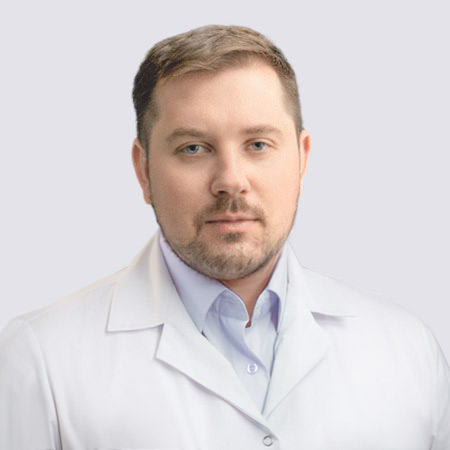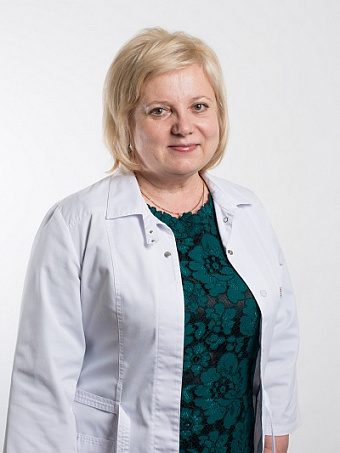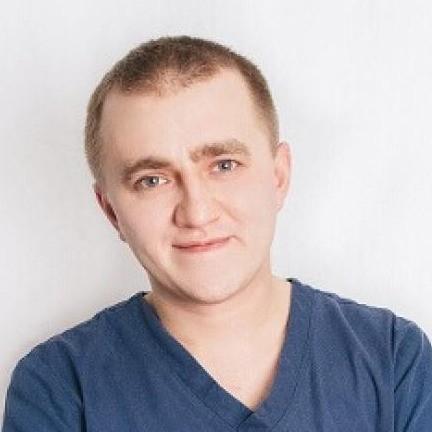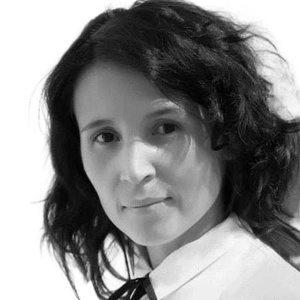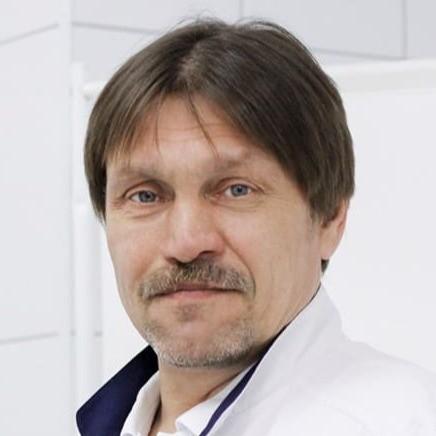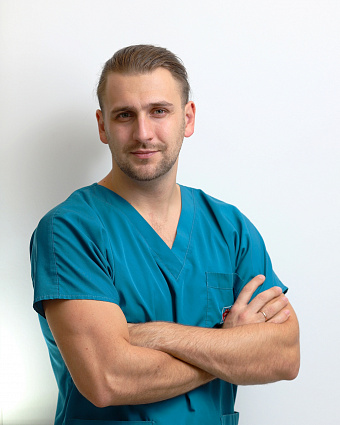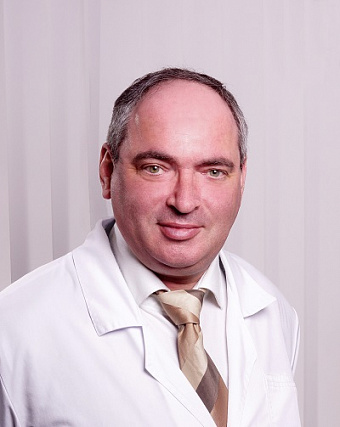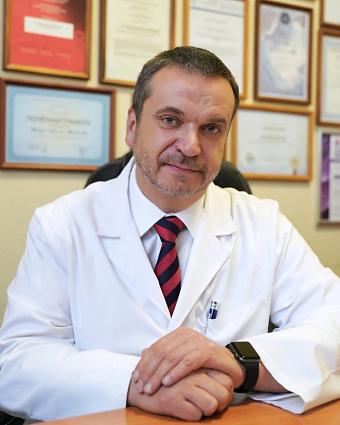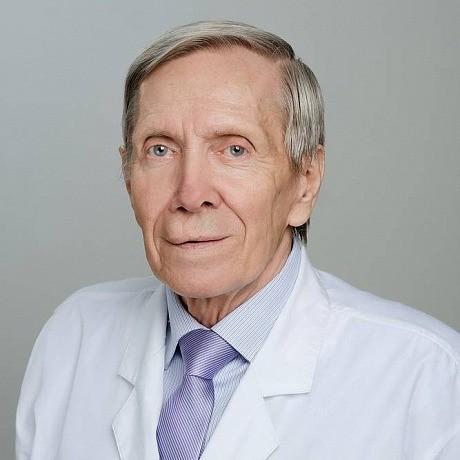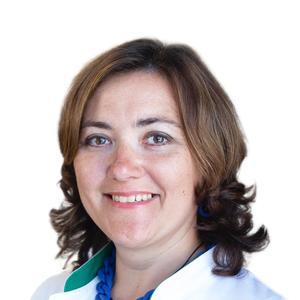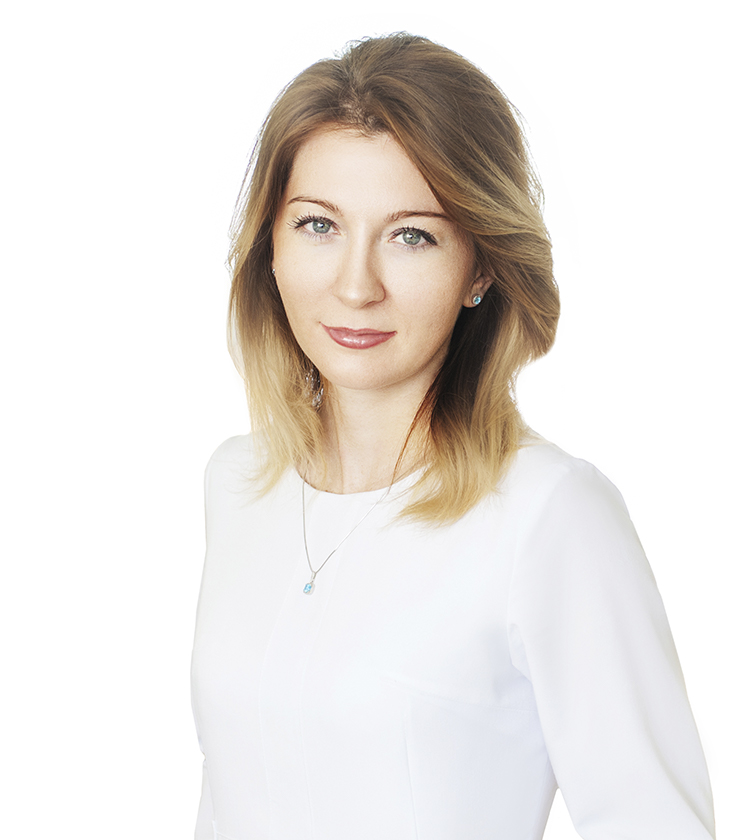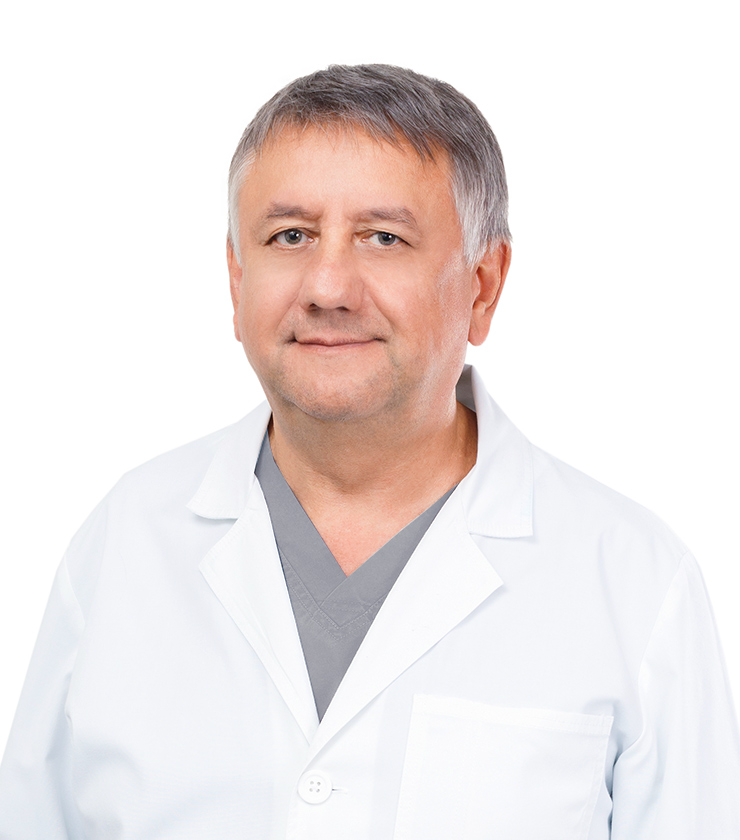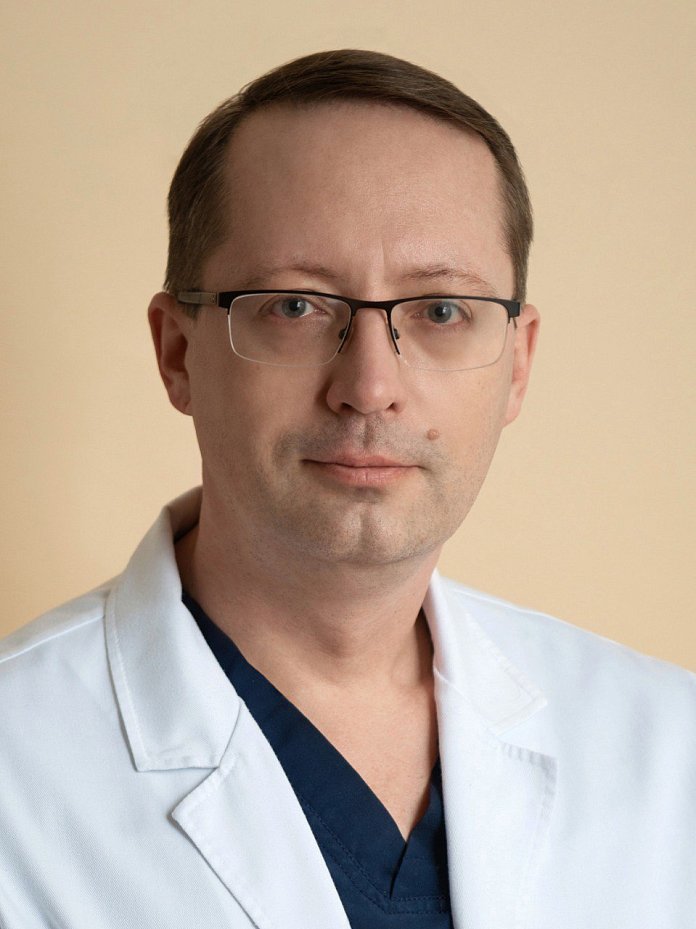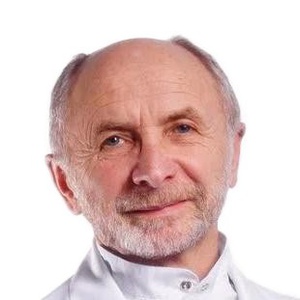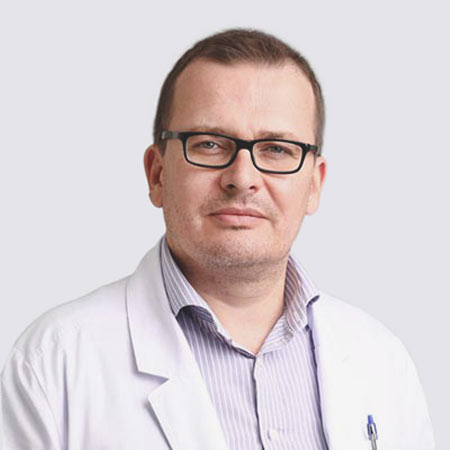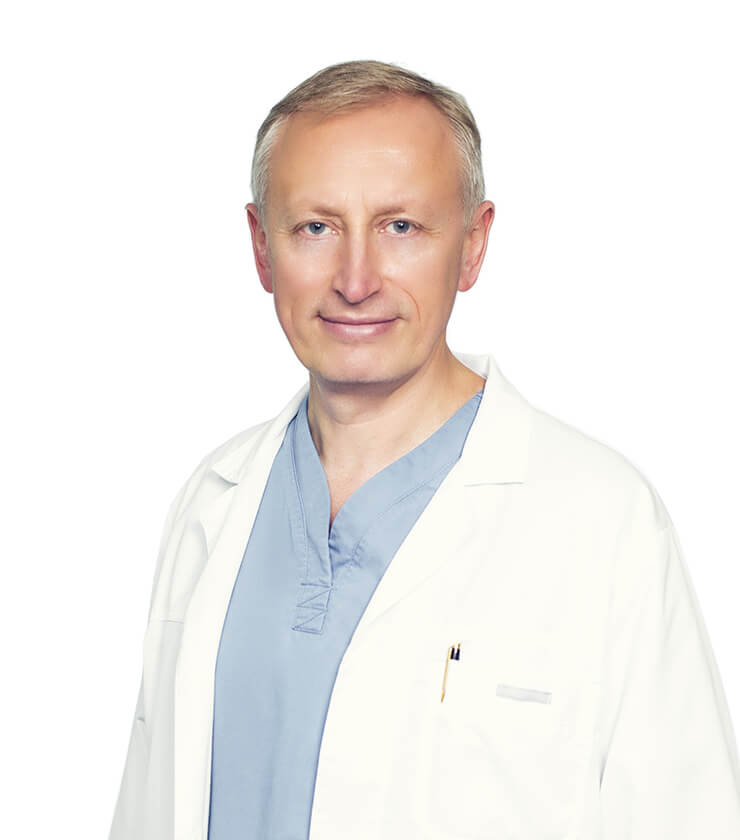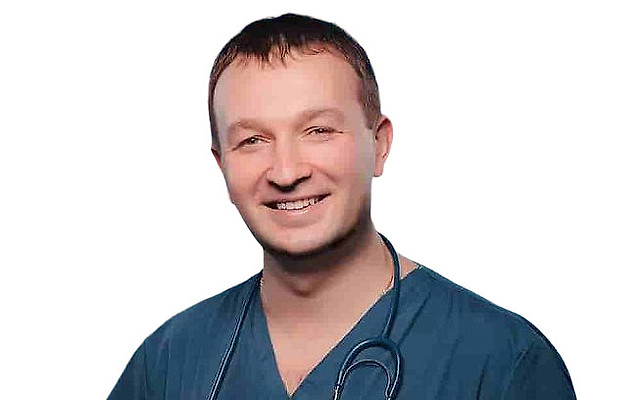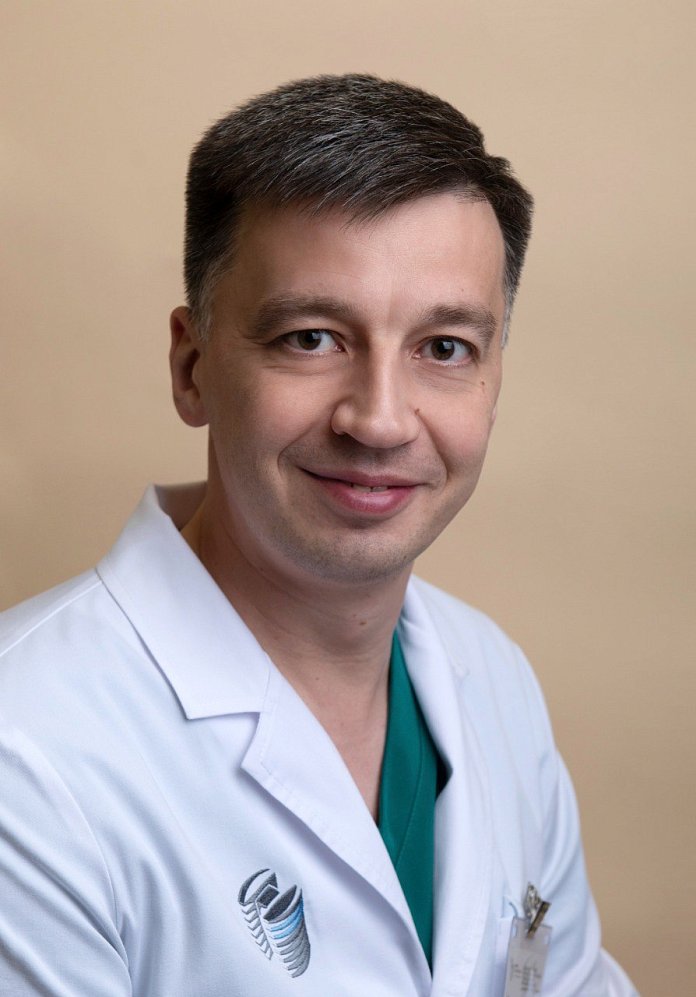Basalioma
Basal cell carcinoma (basal cell skin cancer) is a malignant neoplasm that develops from the basal cells of the epidermis. This type of tumor is characterized by slow growth, extremely rare metastasis, and high curability with timely treatment. Basal cell carcinoma most often occurs on exposed areas of the body: the face, neck, ears, and scalp.
Causes and Risk Factors
The main cause of basal cell carcinoma development is considered to be chronic exposure to ultraviolet radiation. Additional risk factors include:
-
fair skin and hair;
-
age over 50;
-
presence of precancerous skin conditions (e.g., actinic keratosis);
-
exposure to carcinogenic substances (arsenic, hydrocarbons);
-
radiation exposure;
-
genetic syndromes (e.g., Gorlin syndrome).
Pathogenesis and Development Mechanisms
Basal cell carcinoma develops from the stem cells of the basal layer of the epidermis. Under the influence of mutations, these cells lose their ability to differentiate normally and begin to divide uncontrollably. A tumor forms that invades and destroys surrounding tissues.
Symptoms of Basal Cell Carcinoma
Clinical manifestations depend on the tumor form. Most often observed:
-
a firm, flesh-colored or pinkish nodule with a pearly sheen;
-
an ulcer that does not heal for a long time;
-
bleeding with minor trauma;
-
formation of crusts and flaking;
-
dilated blood vessels on the surface of the tumor.
Stages of Basal Cell Carcinoma
Basal cell carcinoma is classified by stages depending on depth and spread:
-
Stage 0 — tumor does not penetrate the dermis, detected only microscopically;
-
Stage I — lesion up to 2 cm, does not invade deep layers;
-
Stage II — size up to 5 cm, may affect subcutaneous tissue;
-
Stage III — invasion into muscle tissue, nerves, bones;
-
Stage IV — spread to other organs (extremely rare case).
Diagnosis of Basal Cell Carcinoma
For accurate diagnosis, a comprehensive approach is used:
-
dermatoscopy;
-
biopsy with histological examination;
-
soft tissue ultrasound;
-
in case of suspected invasive growth — CT or MRI.
Treatment Methods for Basal Cell Carcinoma
Surgical Treatment
The most common and effective method. It involves classic tumor excision with a margin of healthy tissue or Mohs micrographic surgery, which allows for maximum preservation of surrounding structures.
Radiation Therapy
Prescribed when surgery is not possible (e.g., in elderly or weakened patients), as well as in case of recurrences. Especially effective for facial basal cell carcinomas.
Photodynamic Therapy (PDT)
This method is based on the use of photosensitizing drugs followed by exposure to light of a specific wavelength. Suitable for superficial forms of basal cell carcinoma, it does not leave pronounced scars.
Cryodestruction
Destruction of the tumor with liquid nitrogen. Used for small neoplasms. The downside is the risk of recurrence if the freezing depth is insufficiently controlled.
Laser Surgery
Tumor removal using a carbon dioxide or neodymium laser. Suitable for superficial or nodular basal cell carcinomas of small size.
Targeted Therapy
Prescribed for inoperable or multiple basal cell carcinomas. Drugs (e.g., vismodegib) are used to block signaling pathways involved in tumor development.
Advantages and Disadvantages of Various Treatment Methods
-
Surgical removal — highly effective but may cause cosmetic defects.
-
Radiation therapy — gentle method, but requires multiple sessions.
-
PDT and laser — minimal trauma but limited penetration depth.
-
Cryodestruction — accessible, but not always precise.
-
Targeted therapy — alternative when surgery is not possible, but requires long-term use.
Prognosis and Possible Complications
The prognosis is favorable. With early detection and adequate treatment, more than 95% of patients are completely cured. However, recurrences are possible — especially with incomplete tumor removal or the presence of multiple lesions.
Possible complications may include:
-
skin deformities;
-
impaired function of adjacent organs (e.g., eyelids, nose);
-
tumor regrowth.
Rehabilitation After Treatment
Includes:
-
regular check-ups with a dermatologist and oncologist;
-
care for scar tissue;
-
skin protection from the sun;
-
maintaining a healthy diet and avoiding bad habits;
-
psychological support for significant cosmetic defects.
Treatment of Basal Cell Carcinoma in Russia
In Russia, both public and private oncology clinics treat basal cell carcinoma. Modern methods are available — from microsurgery to photodynamic therapy. Most institutions follow international treatment protocols and provide a high level of medical care.
Clinics
- N.N. Blokhin National Medical Research Center of Oncology (Moscow)
A leading cancer treatment center. Offers surgical removal, radiotherapy, PDT, and targeted therapy for recurrences. - EMC Clinic (European Medical Center, Moscow)
A private multidisciplinary center with modern diagnostics and individualized treatment plans. Uses laser methods, Mohs surgery, and targeted drugs. - MEDSI Clinic (network across Russia)
In MEDSI clinics, basal cell carcinoma is removed using various methods: surgery, laser, cryodestruction. Oncodermatologist consultation and dermatoscopy are available.
Treatment Costs
-
Initial oncologist consultation + dermatoscopy — from $55
-
Surgical removal of basal cell carcinoma — from $190
-
Laser coagulation — from $150
-
Photodynamic therapy — from $320
-
Targeted therapy (1 course) — from $1150
The exact cost depends on tumor size, location, and chosen treatment method.
How the MARUS Platform Helps
The MARUS platform is a convenient service for international patients seeking treatment for basal cell carcinoma in Russia. MARUS helps:
-
select a clinic with appropriate treatment methods;
-
organize appointments and diagnostics with specialized doctors;
-
handle all necessary documentation, including visa and transfers;
-
support the patient throughout all treatment stages.
Thanks to cooperation with leading centers, basal cell carcinoma treatment in Russia is high-quality, safe, and reasonably priced.
Ophthalmology
Oncology
Dentistry
Oncohematology
Care Assistants
All information on this website is provided for informational purposes only and does not constitute medical advice. All medical procedures require prior consultation with a licensed physician. Treatment outcomes may vary depending on individual characteristics. We do not guarantee any specific results. Always consult a medical professional before making any healthcare decisions.

Doctors
Choose the package that suits you best — from selecting the right doctor and clinic to full trip and treatment organization
MARUS support options
Choose a package that works for you — from choosing your doctor to full-service travel and treatment
Send a request
You choose the clinic — we’ll take care of travel and treatment arrangements and all the paperwork.

